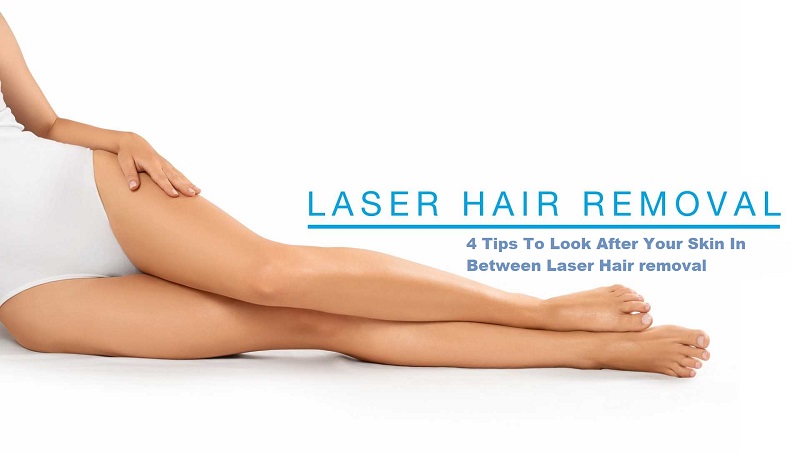
Laser hair removal works by targeting the hair follicle and killing it. When performed by a skilled professional, this is a very safe treatment. However, in some cases, it may irritate your skin, so it’s important to follow the right after-care tips following your procedure.
4 Tips when you do laser hair removal treatments
1. Always protect your skin from the sun. While it is always recommended that you use sunblock when you’re outside, this is an absolute must if you’ve had a laser hair removal treatment. Why? Even if you are exposed to the sun for just short periods of time, recently lasered skin is at a higher risk of: photodamage, darkening, premature aging and pigmentation.
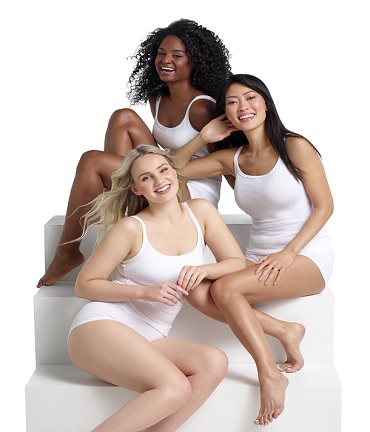
2. Keep away from other heat treatments. Once you have had your laser hair removal procedure, you must avoid other heat treatments for at least 48 hours. This is because heat will open up your pores and may even irritate your skin and cause discomfort. Make sure to avoid: Hot showers and baths, Saunas and Steam rooms.
3. Don’t use conventional makeup. It’s very natural that after your treatment, the tiny follicles in the treatment area will be highly sensitive, so try to limit the number of products you use. This will help you prevent any breakouts or reactions. Do I have to avoid makeup? It’s recommended that you avoid applying normal makeup to your face. However, you may use mineral makeup to cover up any redness, just remember to remove it fully in the evening to allow your skin to recover.
4. Use an ice pack. There are few side effects associated with a laser hair removal treatment, but you may experience some mild discomfort or sensitivity in the area for at least 1-2 days. This is very normal and there are ways to ease your discomfort, including:
- Using an ice pack
- Applying aloe vera to the treatment area
Always consult with your skin care specialist: To protect your skin, you must discuss any skin care products you intend to use with your specialist. They can advise on whether or not it is safe to use them.
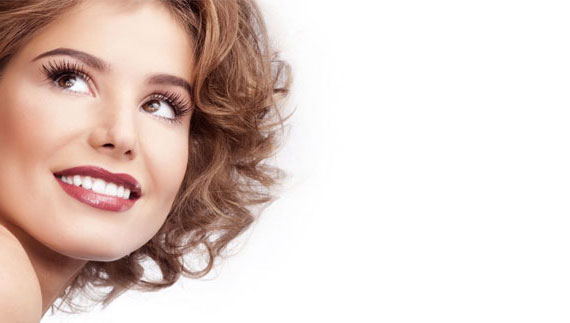
For £200 Only
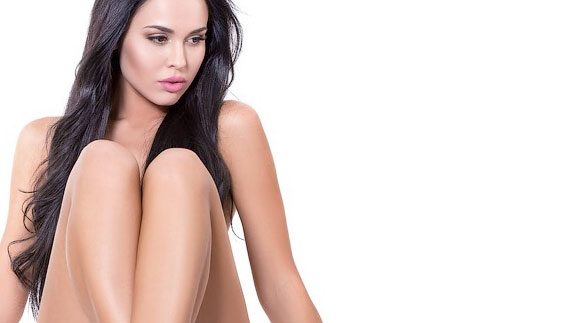
Bikini + Armpit £500
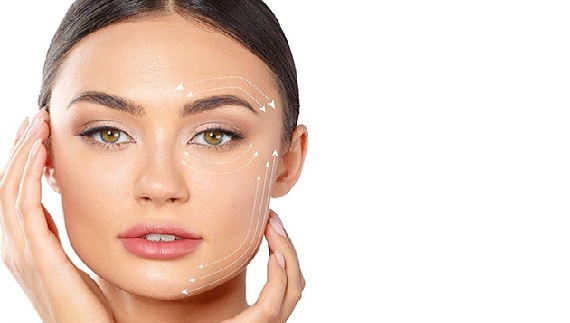
Now for only £360




